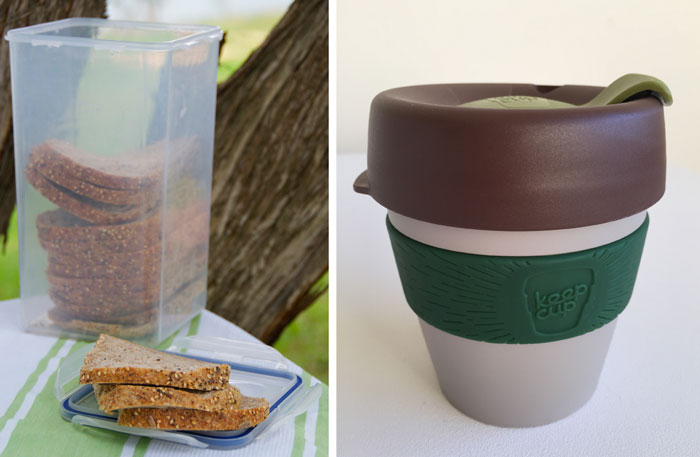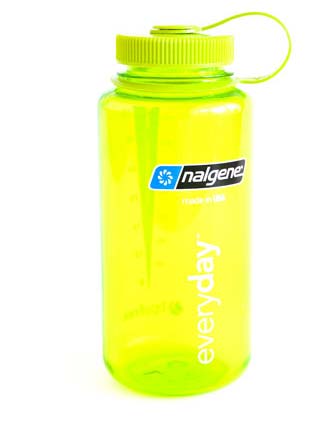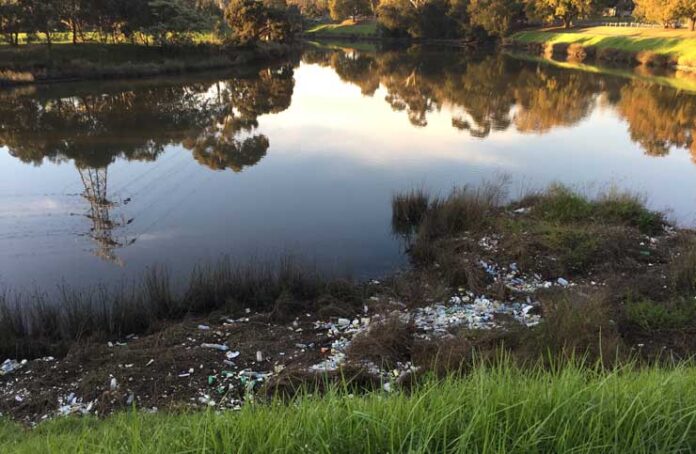Long time campers know that the majority of people respect the places they visit and leave no trace when they depart.
Unfortunately they also know that there is still a visible minority who make their presence known. Their results mightn’t be immediately obvious but over time spent in the one location even bottle tops, bread ties and cigarette butts reveal their ugly heads from within the sand, grass or leaf litter they hide.
This micro-rubbish is just as annoying as the big stuff because the next camper is robbed of that satisfied, albeit illusory feeling, of being one of the first to reach a treasured hideaway location. No-one really wants to know that someone was clearly there before them.
So what’s the way to make sure you’re not part of this visible minority while making it easy on yourself at the same time?
Here are 5 ways to minimise your impact bush camping.
1. Pack right - pack light
Packing light will save fuel on the road and make it easier to set up and pack up at camp. And when it comes to your food it will also keep your garbage load down. Decant things like breakfast cereals and pasta into airtight reusable plastic containers. Doing so means you’ll have no packaging to dispose of on location and it makes smart camping sense - keeping food fresher longer and out of reach of wildlife.
Think ahead to the type of meals you’ll enjoy at camp and only pack the necessary ingredients to bring them to life. On short camping trips you can decant just the right amount of rice for that risotto you planned, or the exact quantity of pasta and sauce. Reduce any type of packaging you can think of - take muesli bars out of their box, decant milk into a sturdy plastic bottle, place cheeses and butter into re-usable plastic containers and choose stock cubes over liquid stock in cartons.
You can recycle the packaging appropriately at home. And by planning ahead your time out camping is simplified knowing what you’re cooking each night and reducing the trash you need to cart out at the end of your trip.
2. Smart food choices
Think of the food scraps that your meals might generate and aim to avoid any unnecessary waste. It will help by purchasing meat free of bones, and excess fat, and ordering just the right amount per person. Getting your butcher to pre-cut meat for your specific dish will also save you the need to wash up those ‘bloody’ chopping boards at camp. Fish is best bought in fillets and prawns are best pre-shelled so you don’t have smelly prawn heads rotting away in your garbage.
3. Refuse and Reuse
Refuse drinks in plastic bottles, plastic shopping bags and takeaway coffees in disposable cups. Instead kit yourself out with a reusable bottle for drinking water, a Keep Cup for your morning coffee and reusable shopping bags for supermarket stock-ups along the way. A good camper would never think of using disposable cutlery or crockery so there’s no extra hassle to add these reusable items to your kit.
Each will only ever make camping easier. For instance, you are already carting water with your setup so having a refillable bottle gives you a ready supply of hydration. You can top up anytime, it’s healthier than sugary drinks, free, and there’s no plastic waste. There is absolutely no need to buy bottled water in Australia when fresh drinking water can be found in any city across the country. Just ask at a visitors centre or service station for the nearest supply if you can’t find it.

A Keep Cup coffee mug can be kept easily in the centre console of your car, avoiding the need to ever dispose of plastic-lined takeaway coffee cups again, which are never fully recyclable. A quick rinse out at camp is easy enough and your Keep Cup is ready for another day.
Reusable shopping bags might be your saviour in towns that ban plastic shopping bags, but bringing them along just makes good camping sense. You’ll avoid that mounting and unnecessary accumulation of plastic and the possibility of these light-weight bags slipping through your grasp, catching the breeze and ending up in the very rivers and waterways you are there to enjoy. Marine-life will thank you for avoiding plastic.
4. Quality gear
Our age of consumerism results in piling amounts of landfill and in the case of camping it’s not uncommon to see dumped gear that has failed from inferior materials. Who wants to see a whole tent discarded from one faulty zip, or a camp chair broken and upended.
Camping gear should be bought to last and with the right care need never be replaced within your lifetime.

5. Take 3
A simple but effective message for all campers is from the organisation Take 3: ‘take 3 pieces of rubbish with you when you leave the beach, waterway or anywhere and you have made a difference’.
Every campsite is not always presented in the way we might hope. By picking up any small amount of rubbish we see, from butts to bottle tops, will not only improve it for ourselves but for those who venture out after us. Any piece of rubbish removed is another piece not mistaken as food by wildlife.
Being the plastic crusader need not be hard and to know you’re doing the right thing by yourself, others, wildlife and the environment is satisfaction in itself.



I love this post it very nice and integrating post. I agree that "Every campsite is not always presented in the way we might hope. By picking up any small amount of rubbish we see, from butts to bottle tops, will not only improve it for ourselves but for those who venture out after us." Much appreciated, Thanks for your effort.
Thanks Jeff - I appreciate your feedback. It's nice to see another committed person to the 'War on Waste'. Best regards Angela